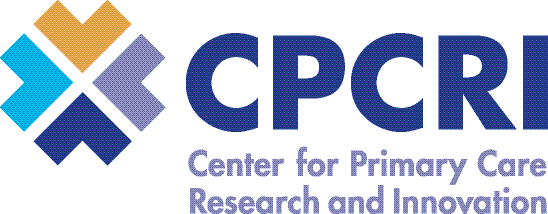Primary Care Climate Change and Health Research
Because the impacts of climate change are being experienced in real-time, research will necessarily be focused on applied research and implementation science. In addition to pilot projects conducted in partnership with the BRIDGE-C2 Center, the Primary Care Climate Change and Health Program is building a partnership with the Oregon Health Authority on conducting reports and issue briefs on the climate change threats facing Oregonians. This academic-governmental partnership will contribute to public health policy proposals, health outcomes research, and updated adaptation and mitigation action plans to help Oregonians.
Ongoing Studies
Impacts of extreme weather & air quality on health
The aim of this pilot study is to evaluate the associations between environmental/climate variables and patient health outcomes and healthcare use - through a retrospective secondary data analysis using Medicaid claims linked to electronic health record (EHR) data. We will explore the feasibility of methods such as GIS mapping and identify the evidence-based interventions related to mitigating the health impacts of climate change.
Implementation of a workflow for Medicare recipients to access air conditioners and air purifiers
PI: Leah Werner, MD; Leah Haykin, MD
This project seeks to help OHSU Family Medicine at Gabriel Park patients with Medicare who do not own air conditioner and/or air purifier units to access a new insurance benefit that provides this equipment at no cost to qualifying individuals. Older adults and people with chronic medical conditions are known to be more susceptible to the serious health effects of extreme temperatures and poor air quality, which are becoming increasingly common. We see assisting our patients in acquiring air conditioners and air purifiers as a tangible way for frontline providers to help this vulnerable population adapt to climate change. Given this, we created a workflow to outreach to patients who may qualify for this durable medical equipment and schedule clinic visits to complete the necessary paperwork to obtain it. Prior to rolling out this program, education was provided to clinic staff about the relationship between climate change and health, qualifications for the new insurance benefit, and the new workflow to help patients obtain this equipment. We plan to survey clinicians prior to receiving this education and then several months into the project to determine ways to optimize this workflow in order to increase patient access and decrease staff workload.
